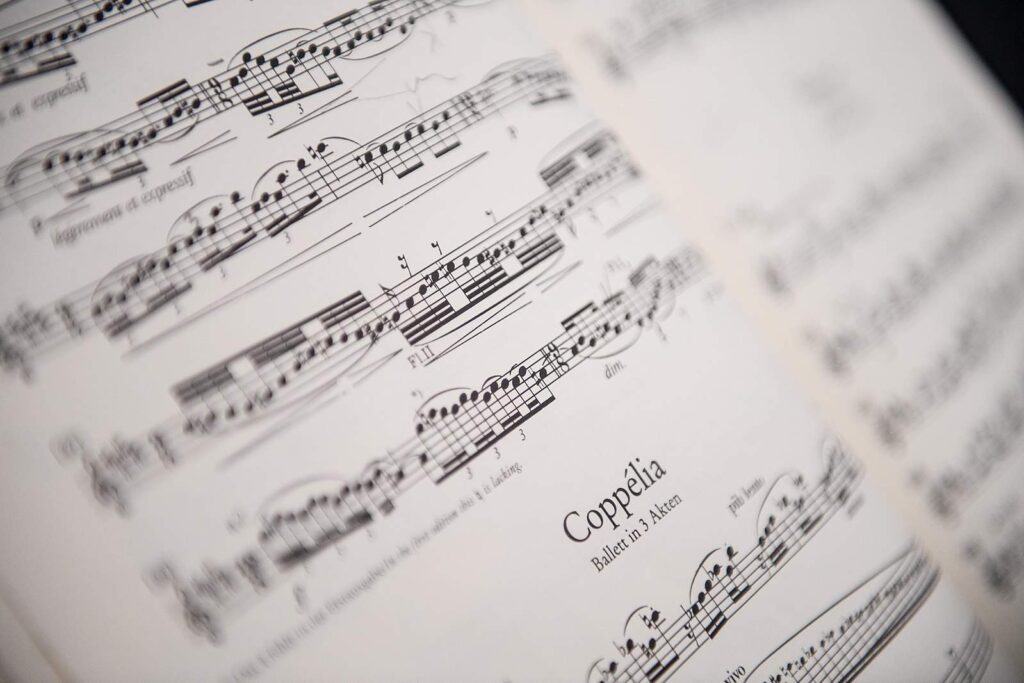What happens when you squash together two generic New Year’s resolution ideas? Well, you get questions like this. Many of us, myself included, have committed time and money to learning a new language or instrument. But, best-laid plans and all that comes with it, of course. Life gets in the way. I don’t have time to learn the harp; I’m trying to keep the hot water running.
However, if you are not scatterbrained, neurotic, and utterly devoid of any ability to structure your day correctly, just like me, then the idea of doing either of these things could be considered a stretch. But suppose you’re somebody who can manage their day well, or you want to develop your musical and linguistic abilities. In that case, understanding the correlation between these two skills will serve you well, and it’s an avenue that is definitely worth exploring.
Table of Contents
ToggleOther Crossover Games & Ideas
There are plenty of crossover activities that people try to blend together. While you’d definitely have your hands full if you were trying to learn a language or play an instrument, there are other activities out there that others commit to. Poker is a good one. I committed to learning how to play poker as a New Year’s resolution in 2012 and didn’t do it for two years—but better late than never, I suppose.
Learning poker is supposed to help you strategize, learn how to read body language, and provide you with patience to cross into your everyday life. It didn’t help me, but I’ve probably got other pressing matters going on between the ears, I’m sure there are people out there who
Nowadays, people would fire this question into an AI chatbot, but back in my day, you had to Google things or (shock horror) buy a book, with money, a walkthrough guide. AI technology can enhance your study process; I won’t admonish it. Who am I to downplay the marvels of AI? I’ve had to grapple with AI detectors saying my work is AI when I’ve spent the best part of half a day crafting it – that’s who.
Hence, my skepticism about the technology industry here is apparent. But there’s no disputing that it can be used for an incredible array of activities—the study process being one of the most evident, modern examples. So what are some of the other characteristics where these games cross over? Let’s explore.
Putting In The Hard Work
Although it is quite a generic point – both require a lot of commitment and dedication. I’ve tried to learn a couple of languages in my time, with mixed results, shall we say. In a day and age where translators are on their way to essentially being made redundant due to translation apps – it feels like the magic and authenticity of being able to converse in a number of different tongues has been lost on a new generation.
Admittedly, this is quite a bold take from me, given that I downloaded the app for the best part of an hour before deleting it again. But still, if somebody doesn’t have a phone or no internet connection, then the ability to speak the language of the country they are in could potentially become a life-saving skill.
While playing an instrument isn’t as pressing, it also requires hundreds of hours of dedication. Some with a natural ear for a melody, beat, or rhythm might find it easier to pick up an instrument, but hard work and dedication often trumps talent without sounding too cliche. If you don’t work hard at either, you won’t pick the skill up to an adequate standard – it is that simple.
Using Music To Learn A Language
Some studies have suggested a positive correlation between those proficient at learning and playing music, which can help them learn a language better. Quite interestingly, similar studies have shown how singing in a foreign language can help people memorize the words more easily.
While those with a penchant and skill for learning music tend to be more creative, learning a language is a different kettle of fish. It makes sense, though. There are plenty of words that I know the meanings of because I have heard them in a hit song or randomly as a lyric on the radio.
My old French teacher would have us remember little tunes and catchy rhymes to imprint some basic French into our brains—it didn’t work. Well, it did work to some extent. I remember some of the tunes, but I can’t remember what the words actually mean or refer to.
Conclusion
From a creative point of view, languages and instruments have a lot in common—whether as a means of expression or understanding culture more intricately. While they aren’t a million miles away from each other, there are distinct differences, and they are very skilled endeavours in their own right. Ultimately, though, learning either will take a tremendous amount of time and effort – that’s the most obvious comparison to draw between the two.











